Oregon's child welfare system is regulated by robust frameworks within the Department of Human Services (DHS), prioritizing both parental rights and the best interests of vulnerable youth. In Multnomah County, known for its diverse population, specialized legal services collaborate with CPS to address unique family challenges. These services ensure fair hearings, protect parental rights, and advocate for safe, stable environments for children involved in DHS cases. Balancing these protections within Oregon's child protective services law is crucial for equitable outcomes, as highlighted by successful case studies in Multnomah County. Key terms: child welfare legal services, parental rights, DHS cases, Multnomah County advocacy, child protective services law, Oregon family law.
In Oregon, knowledge of child welfare regulations is paramount for ensuring the well-being and rights of all involved. This comprehensive guide delves into the intricate web of Oregon’s child welfare framework, from understanding the regulatory landscape to exploring crucial aspects like parental rights and Multnomah County’s pivotal role in child advocacy. We examine DHS child welfare cases, navigate the complexities of protective services lawsuits, and highlight the essential contribution of legal services. Real-world case studies illustrate how these regulations play out, underscoring the importance of informed navigation within Oregon family law.
- Understanding Oregon's Child Welfare Regulatory Framework
- Parental Rights and Protections in DHS Child Welfare Cases
- Multnomah County Child Advocacy: A Key Player in Oregon Family Law
- Navigating the Process of Child Protective Services Lawsuits
- The Role of Legal Services in Ensuring Fairness for All Involved
- Case Studies: Real-World Examples of Oregon's Child Welfare Regulations in Action
Understanding Oregon's Child Welfare Regulatory Framework
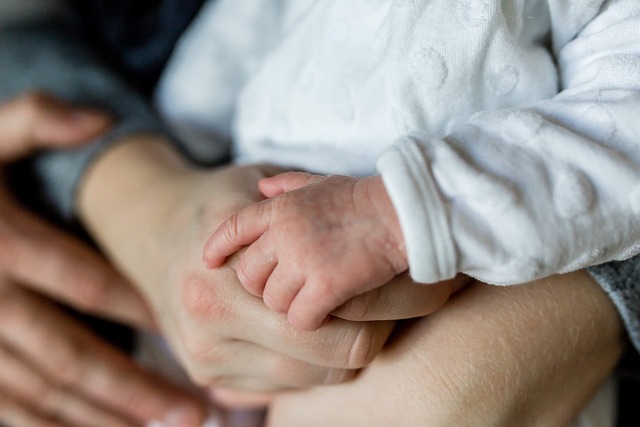
Oregon’s child welfare regulatory framework is a comprehensive set of laws and guidelines designed to protect the well-being of children within the state. At the heart of this system lies the Department of Human Services (DHS), which oversees Child Protective Services (CPS) and plays a pivotal role in ensuring the safety and stability of vulnerable youth. The state’s child welfare legal services are structured to balance the crucial aspects of both parental rights protection and the obligation to provide care and support for children in need.
Within Multnomah County, one of the nation’s most populous and diverse regions, child advocacy groups collaborate closely with CPS to address the unique challenges faced by families involved in DHS child welfare cases. These efforts are underpinned by Oregon family law, which establishes procedures for fostering, adoption, and other alternatives to ensure children receive the care and resources necessary for their healthy development. Understanding these regulatory frameworks is essential for anyone navigating the complex landscape of child protective services in Oregon.
Parental Rights and Protections in DHS Child Welfare Cases

In DHS (Department of Human Services) child welfare cases, parents are afforded crucial protections and rights to ensure fair treatment and due process. Understanding these parental rights is essential for anyone involved in Oregon’s child welfare system, especially when navigating complex legal services and procedures. The state’s family law and child protective services regulations aim to balance the best interests of the child with preserving familial bonds.
Multnomah County, known for its robust child advocacy programs, operates within these guidelines. Parents have the right to be informed about the case status, to participate in decision-making processes, and to maintain privacy regarding their family’s personal information. Legal representation is recommended to help parents understand their rights, especially during critical stages of the case, ensuring that their interests are protected alongside the child’s welfare.
Multnomah County Child Advocacy: A Key Player in Oregon Family Law
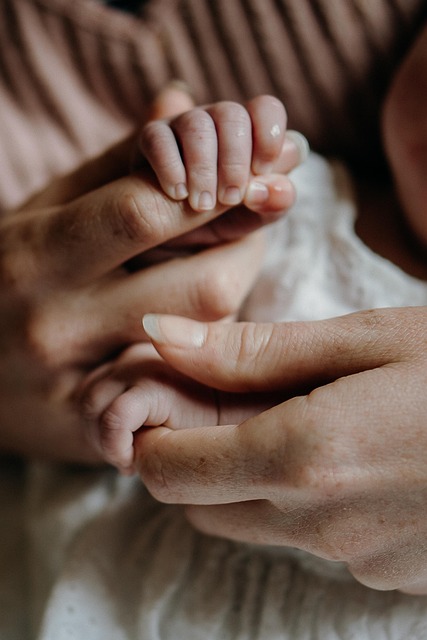
Multnomah County is a key player in Oregon family law, particularly when it comes to child welfare and protection. The Multnomah County Child Advocacy team is dedicated to providing comprehensive legal services for children involved in DHS (Department of Human Services) child welfare cases. Their expertise lies in navigating the complex web of Oregon’s child protective services law, ensuring that the rights of both parents and children are protected throughout the process.
This dedicated team offers specialized support, including representation in court, advocacy for parental rights, and assistance in ensuring a safe and stable environment for affected families. By focusing on the unique needs of each case, they contribute significantly to the overall well-being and future prospects of children involved in Oregon’s child welfare system.
Navigating the Process of Child Protective Services Lawsuits
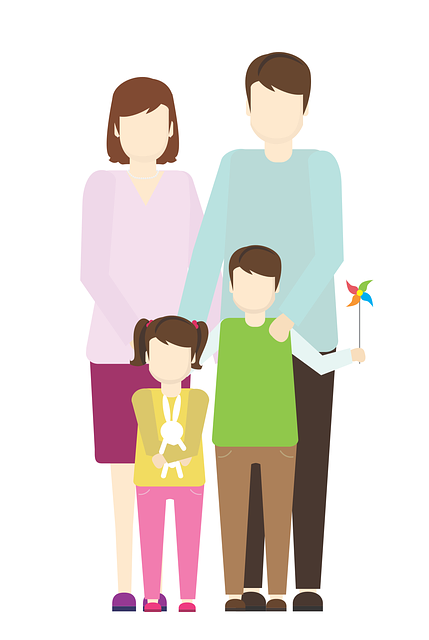
Navigating the process of Child Protective Services (CPS) lawsuits in Oregon requires a deep understanding of both the legal system and the intricate details of child welfare regulations. When a child is deemed at risk, the Department of Human Services (DHS) steps in to ensure their safety and well-being. This often involves CPS opening an investigation, which can lead to legal proceedings if allegations are substantiated. Parental rights protection is a critical aspect during these cases, as families must be informed about their legal options and the potential outcomes.
In Multnomah County, child advocacy plays a pivotal role in supporting both children and parents throughout this challenging journey. The county’s dedicated child welfare legal services ensure that all parties involved understand their rights and responsibilities under Oregon family law. This includes guiding families through court appearances, facilitating resolutions, and advocating for the best interests of the child while also preserving parental rights protection.
The Role of Legal Services in Ensuring Fairness for All Involved
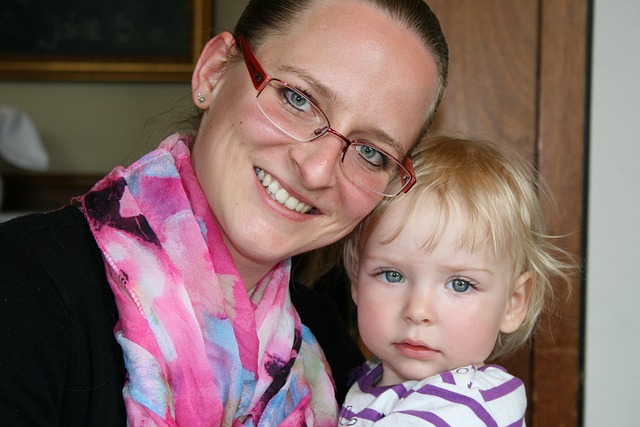
In Oregon, especially in complex DHS child welfare cases, access to knowledgeable child welfare legal services plays a pivotal role in upholding fairness and justice for all parties involved, including parents and guardians. These legal services are crucial in navigating the intricate Oregon family law and child protective services law frameworks, ensuring that parental rights are protected while prioritizing the best interests of the child. By providing guidance and representation, legal experts help families navigate this challenging process with dignity and advocacy.
Multnomah County child advocacy organizations and attorneys specialized in these areas collaborate to offer support tailored to each unique case. Their expertise enables them to interpret regulations, challenge unfair practices, and ensure that every individual receives a fair hearing. This collaborative approach fosters a more equitable system within the child welfare legal services landscape, ultimately contributing to positive outcomes for both vulnerable children and their families.
Case Studies: Real-World Examples of Oregon's Child Welfare Regulations in Action
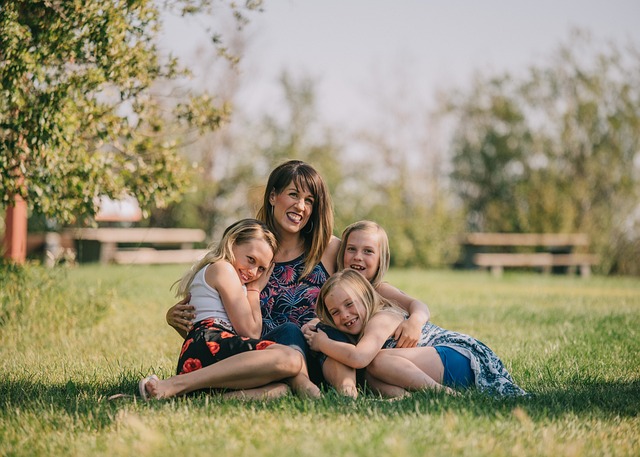
In the realm of Oregon child welfare regulations, case studies serve as powerful tools to illustrate their practical application and impact. These real-world examples provide an invaluable insight into how legal services protect parental rights while ensuring the safety and well-being of children. For instance, Multnomah County’s child advocacy efforts have been pivotal in numerous DHS child welfare cases, showcasing the intricate balance between intervention and preservation of family units.
The Oregon family law framework, with its emphasis on both protective measures and parental involvement, is evident in these studies. Child protective services laws are put to the test when navigating complex family dynamics, cultural considerations, and individual circumstances. Each case study offers a unique perspective, highlighting successful interventions, challenges overcome, and the holistic approach required to serve the best interests of children while respecting parental rights.






